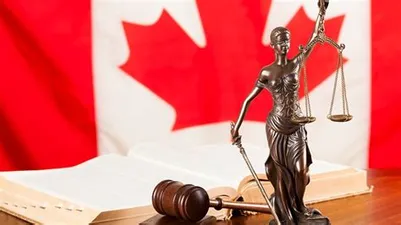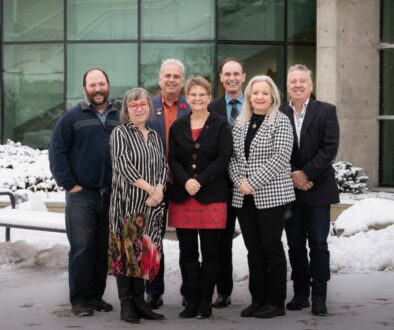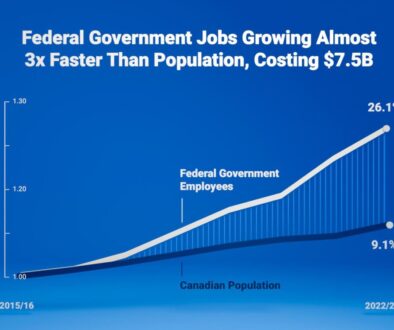Property taxes
End of the May property owners received from the corporation of City of Salmon Arm, or CSRD 2023 Property Tax Notice. So many people are disappointed with how the city has been managed and how the leaders of the corporation are ignorant to the requests of residents and considered people. Despite that, the management of the corporation raised property taxes by 3,83%. What is necessary to consider are the property assessments, as these are the numbers on which property tax is based. In Salmon Arm, the average property value in 2023 went up 17% to $688,000, and in 2022 a whopping 35% increase, so over 50% within the last two years. For rural properties within the CSRD district, it was even more. Just like that, to increase money flowing to the government organizations. For more information on how the property taxes count see the video below:
https://www.youtube.com/watch?v=hAdIipZv5g4&t=130s
There are a few issues of concern with the property taxes. The first issue is the Property tax notice is not signed by any person; there is no “wet ink” signature. That means the validity of the notice is questionable and you can challenge the validity, because it is not signed by living, breathing, authorized person. For example, when judges make judgments or decisions, they must sign to confirm the validity of the documents. The same applies for politicians, or provincial authority, which make orders or other “law”. The validity of the documents you confirm, when you pay the obligations{tax}, it means you silently agree with the notice. {contract was created} This method in the law is called tacit agreement.

Secondly, tax notices contain tax levies, so institutions to which taxes will be distribute to. Mostly all those institutions are charities, such as the School district 83, Interior Health Authority, or Okanagan library. There is no law in Canada, that force you to contribute money to charities. So, if you are not happy with how Interior Health works, or provide the service- especially during the so called “pandemic”, or you don’t like the LBGTI+ agenda which is being pushing in schools, you can simply choose to not pay the amount on that particular levy.
The third issue with the property taxes is that there is no contract between corporation of the City of Salmon Arm and property owners about property taxes. Canada is a corporate state run on corporate law, so based on contract between independent entities- people, organizations, governments. Our team requested through FOI City about the record/s of contract/s which the corporation of the City of Salmon Arm uses as its authority to collect property taxes from independent individuals- residents, or business owners living or making a business within the boundary of the City of Salmon Arm. The response was very simple- there are no responsive records.
https://freeshuswap.com/canada-as-a-corporate-state/
If you do not wish to challenge the tax collecting institutions with the issues above, you can still save money on property taxes or do not pay at all, by the regulations and law created within the corporation of British Columbia.
At first, you can save the money if you register, or buy your property in the Agriculture land reserve {ALR}. You must collect the income from agriculture crops from your property and report all data to the government institutions. Also, you must allow inspection from the government agency to check your property and other regulations. You can save significant amount of money for the exchange to share your private information with government. To learn more, please see the link below.
Secondly, the principal law for the municipality is the Community Charter. Is the document which is above any bylaw created by incorporated cities and communities. The Community Charter under the section 220 contains general statutory exemptions for the properties, which don’t pay property taxes at all. For example, if you register your property as a building set up for public worship in the name of religious organizations {you can create your own e.g. Church of free men}, or incorporated institution of learning, you will not pay the property taxes at all.
https://www.bclaws.gov.bc.ca/civix/document/id/complete/statreg/03026_00_multi#section220
Community Charter in section 224 describes permissive exemptions for the various property owners, but that must be approved by the council. Every exemption required more regulations, so more bureaucracy and following controls and inspections.
Now it is up to you, if you want to contribute the full amount to the property tax collective organizations or not. If you decide to pay only partially or not at all, you just must expect some challenge with bureaucratic apparatus, including the court.
DB, MC



